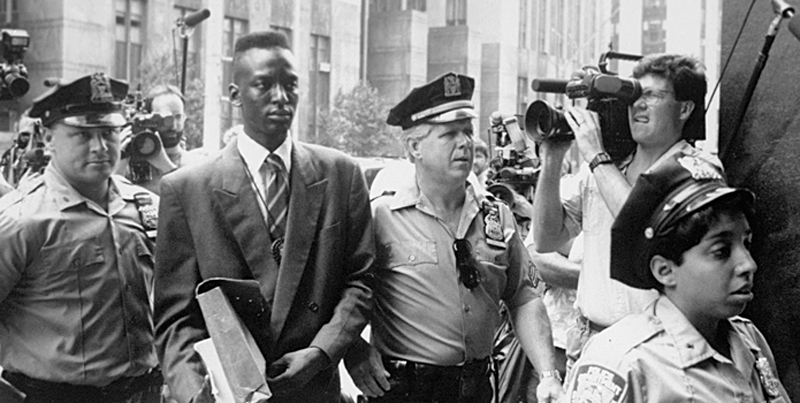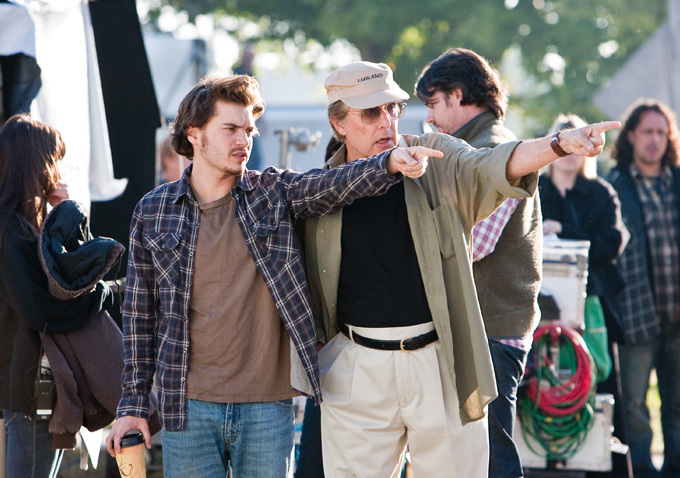Co-directed by Sarah Burns, Ken Burns (her dad), and David McMahon, this documentary revives New York’s fear of crime and race paranoia circa 1989 to help explain why five teenage boys were wrongly convicted of the violent rape and beating of Trisha Meili—despite a lack of physical evidence tying them to the crime and the presence of exculpatory DNA. The prosecution’s case was built on confessions extracted from the accused after long hours of undocumented interrogation. Years later, the real rapist came forward and proved a match for the long-since-mothballed DNA evidence. The film’s central power comes from hearing the accused finally tell their own stories. Their on-camera statements reflect one of Ken Burns’ great strengths as a filmmaker (and interviewer), and the team effort here continues to fit the “talking-head” format to revelatory journalism, despite years of bastardization by the likes of the cable channel History. The film is built around this interview footage, complemented by reflections from journalists, relatives of the accused, defense attorneys, and former mayors Ed Koch and David Dinkins. Because the filmmakers were unable to enlist anyone from the NYPD or the DA’s office to participate, we are left with the sense that mistakes of this magnitude require those in error to hide from them. The film presents the facts of the case with a clarity that seems startling all these years later; there is no way to avoid the conclusion of historian Craig Steven Wilder: “Rather than tying [the case] up in a bow and thinking that there was something we can take away from it, and that we’ll be better people, I think what we really need to realize is that we’re not very good people.”
The Central Park Five: Justice Is Not Served





